Description
What is Shimofuricha (Frost Tea)?
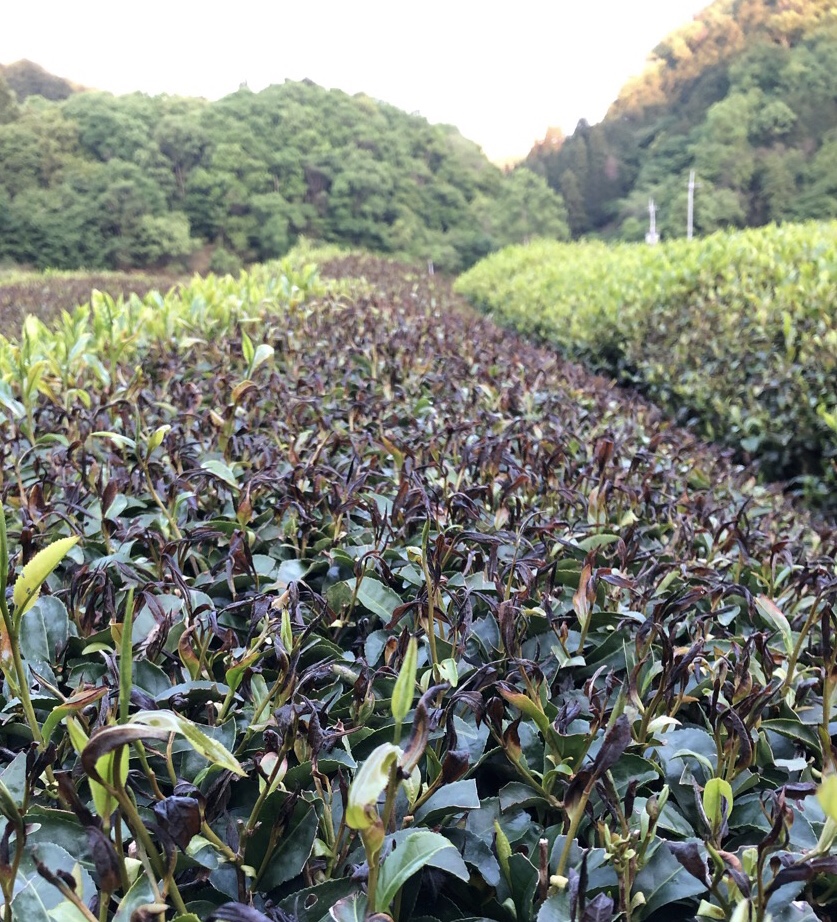
Shimofuri-cha (霜降り茶) literally means “frost fell/landed on the tea”, and refers to a very rare type of tea whose buds sustained a frosty night in early May just before the harvest. At this period of the year, when the green fresh buds are almost ready to be harvested, the late frost becomes the main concern of tea farmers; who are afraid to lose all their precious spring tea buds they’ve been raising and cherishing for months.
However, although frost reduces considerably the amount of the harvest, it also appears to create a very interesting type of tea!
If the frost wasn’t too strong to the point of completely burning the buds during the night, it actually helps to develop the taste of the tea afterwards. As frost usually lands during clear nights, the defrost process in the morning is quite fast, which we believe breaks the cell walls within the leaves, releasing an altered aroma and flavor of the tea.
After harvesting the little frost burned tea buds, the tea is then sun-dried outside in bamboo trays. It is not rolled or heated. This is also why Shimofuricha is seen as a natural white tea.
Producteur
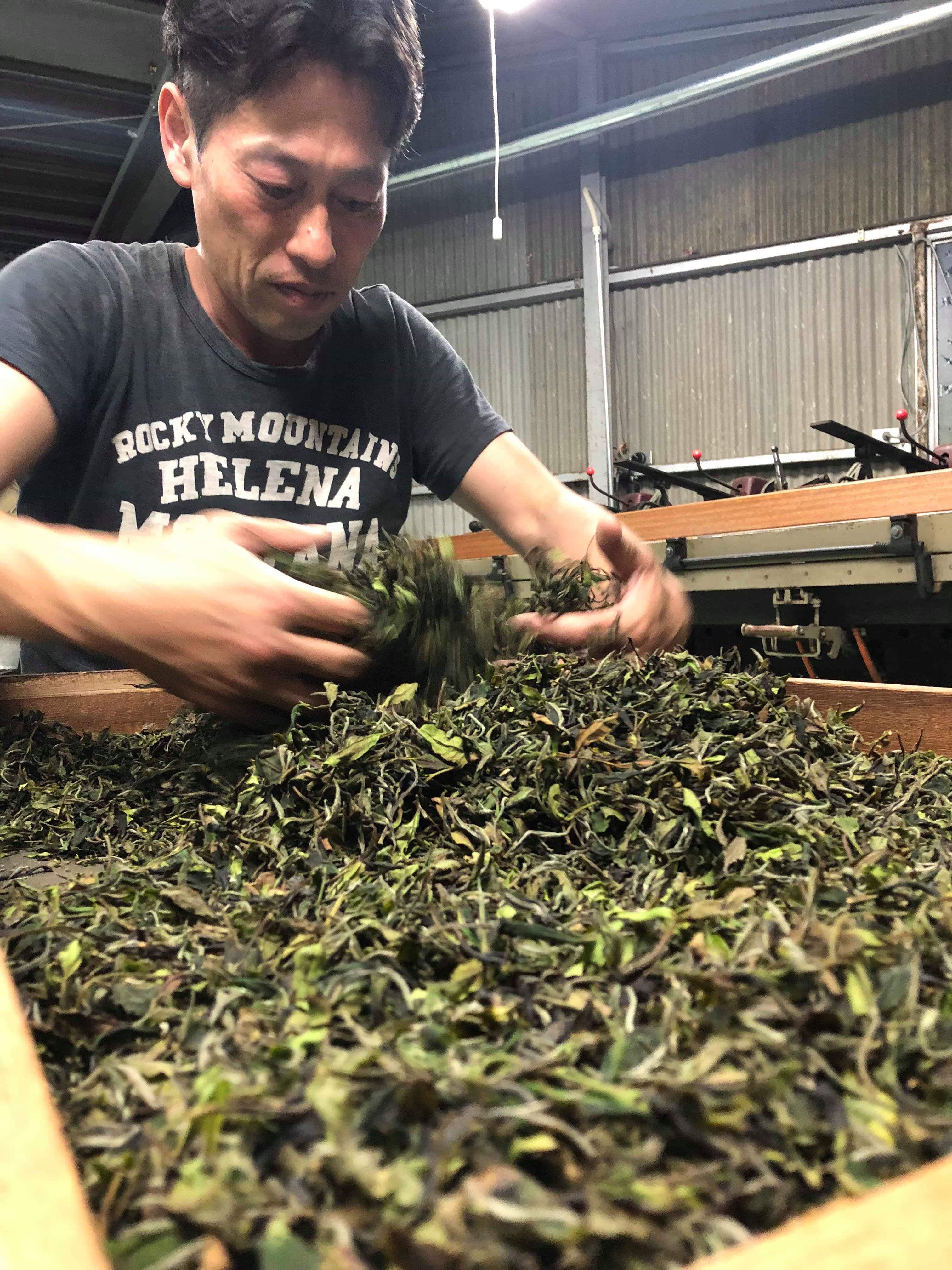
Hirokazu "Hiro" Matsumoto est notre directeur d'événements, notre directeur d'usine et notre instructeur de visites guidées. Son amour du thé remonte à l'époque où il était étudiant et où, à l'âge de dix-neuf ans, il a accepté un emploi de cultivateur de thé.
Hiro est chargé de superviser le fonctionnement de l'usine de sencha d'Obubu. Il veille à son bon fonctionnement et à ce qu'elle réponde à des normes élevées d'hygiène et de sécurité pour le personnel d'Obubu. Sa personnalité pétillante fait de lui l'hôte idéal pour nos événements publics, où il adore rencontrer de nouvelles personnes et partager ses connaissances sur le thé !
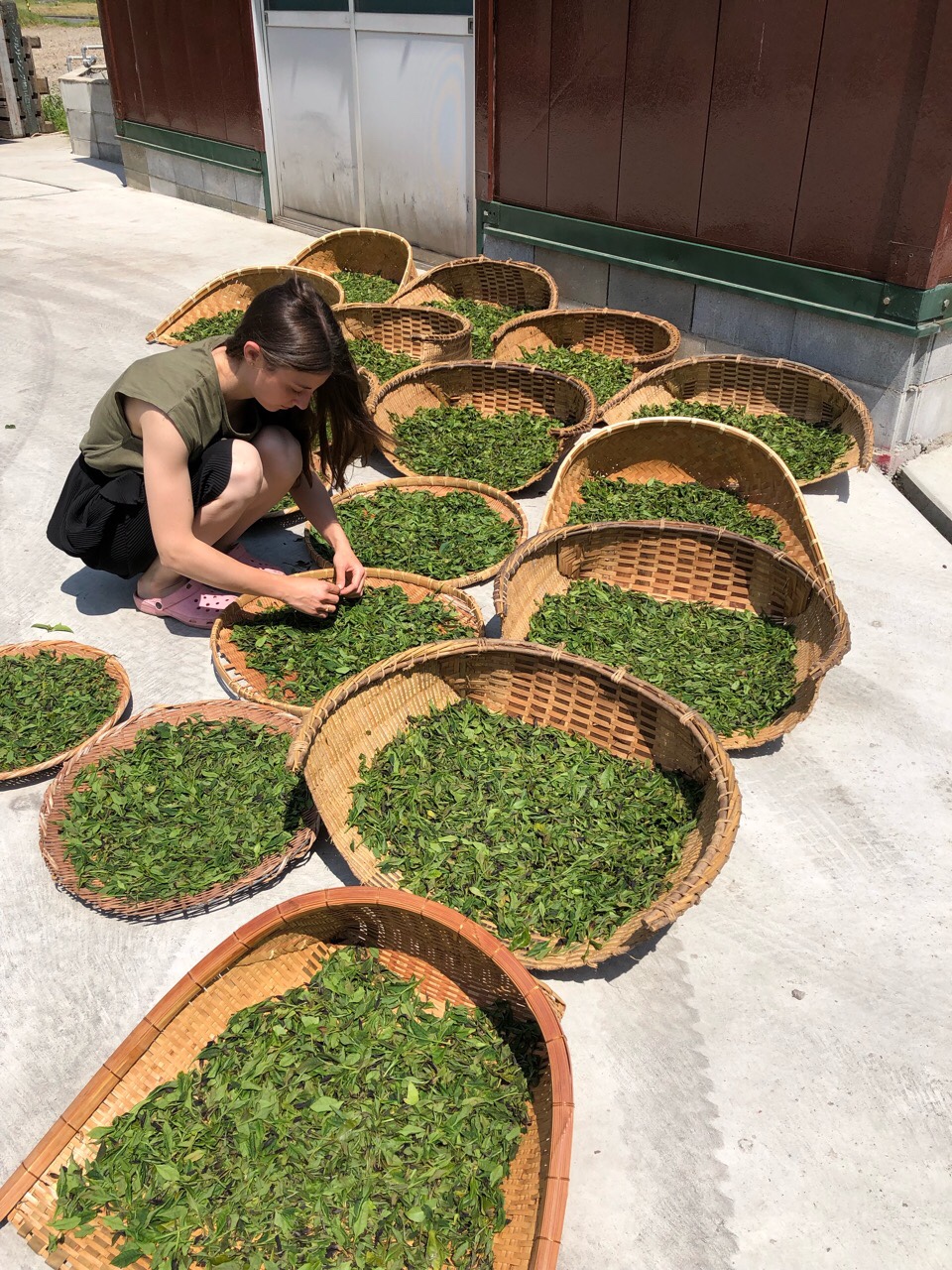
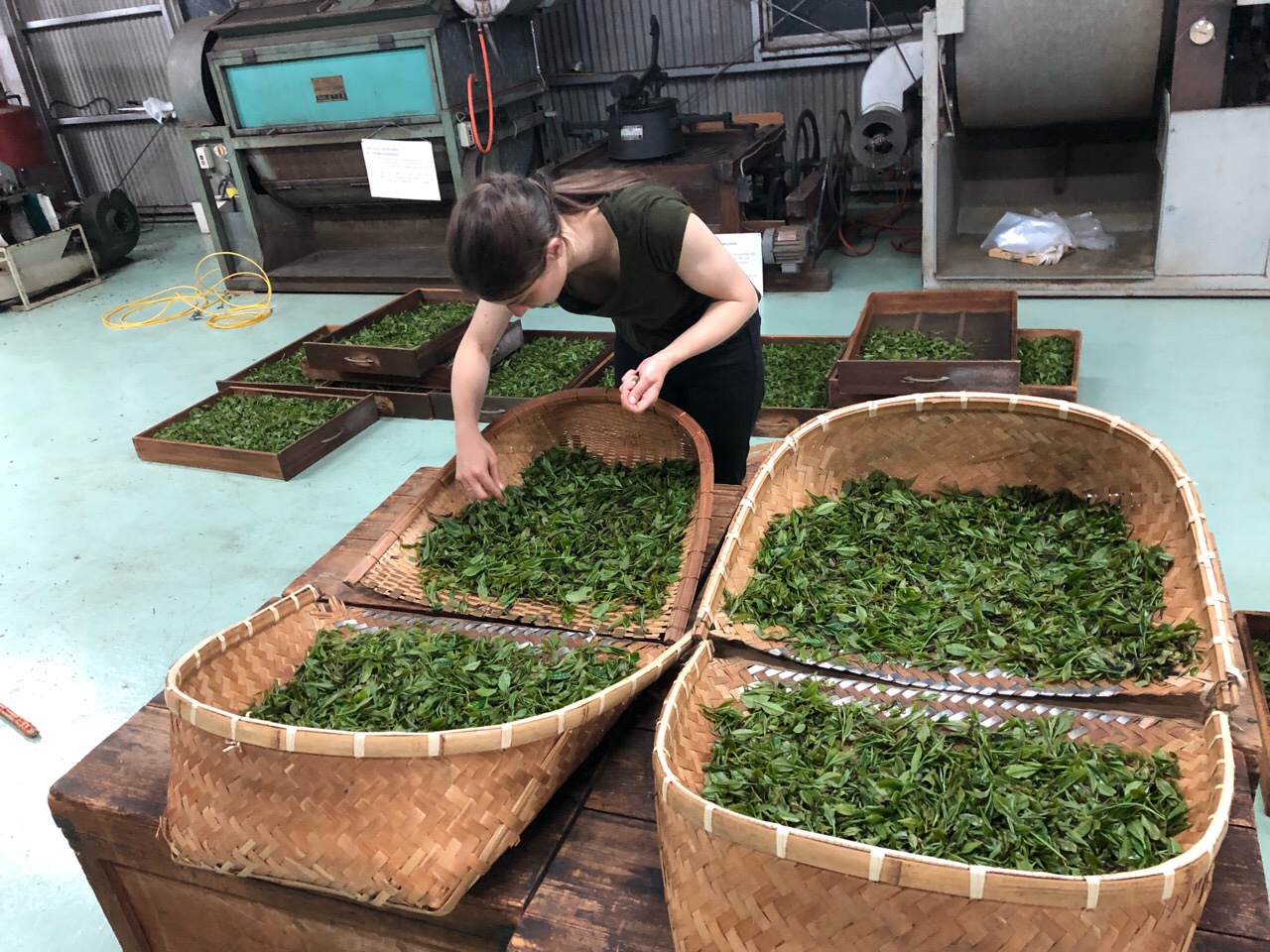
↑ Marie re-shuffling the leaves in the bamboo baskets to make them dry more evenly.
Profil de l'agriculteur
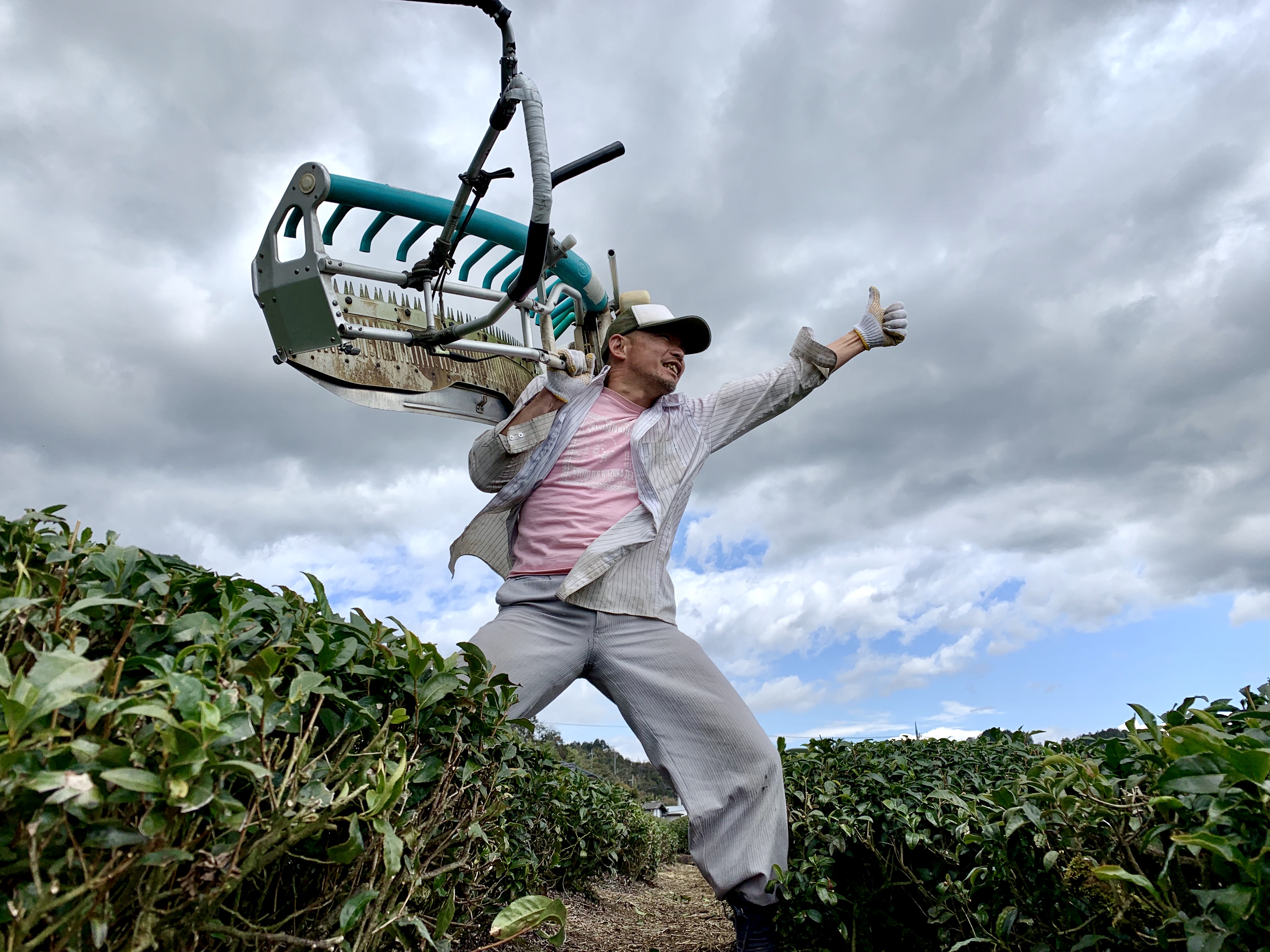 Akihiro "Akky" Kita est notre président et le principal cultivateur d'Obubu. Son désir de rendre ce thé accessible au grand public est à la base de Kyoto Obubu Tea Farms. À l'université, Akky a travaillé à temps partiel comme ouvrier agricole à Wazuka et est tombé amoureux du thé de cette région. Il a alors décidé de quitter l'université et de se consacrer à la maîtrise de l'art de la culture du thé. Conscient de la nécessité pour les cultivateurs indépendants comme lui de faire connaître le plaisir de boire du thé japonais, il voyage chaque année pendant la saison morte de l'hiver pour faire découvrir le thé japonais à des personnes du monde entier.
Akihiro "Akky" Kita est notre président et le principal cultivateur d'Obubu. Son désir de rendre ce thé accessible au grand public est à la base de Kyoto Obubu Tea Farms. À l'université, Akky a travaillé à temps partiel comme ouvrier agricole à Wazuka et est tombé amoureux du thé de cette région. Il a alors décidé de quitter l'université et de se consacrer à la maîtrise de l'art de la culture du thé. Conscient de la nécessité pour les cultivateurs indépendants comme lui de faire connaître le plaisir de boire du thé japonais, il voyage chaque année pendant la saison morte de l'hiver pour faire découvrir le thé japonais à des personnes du monde entier.

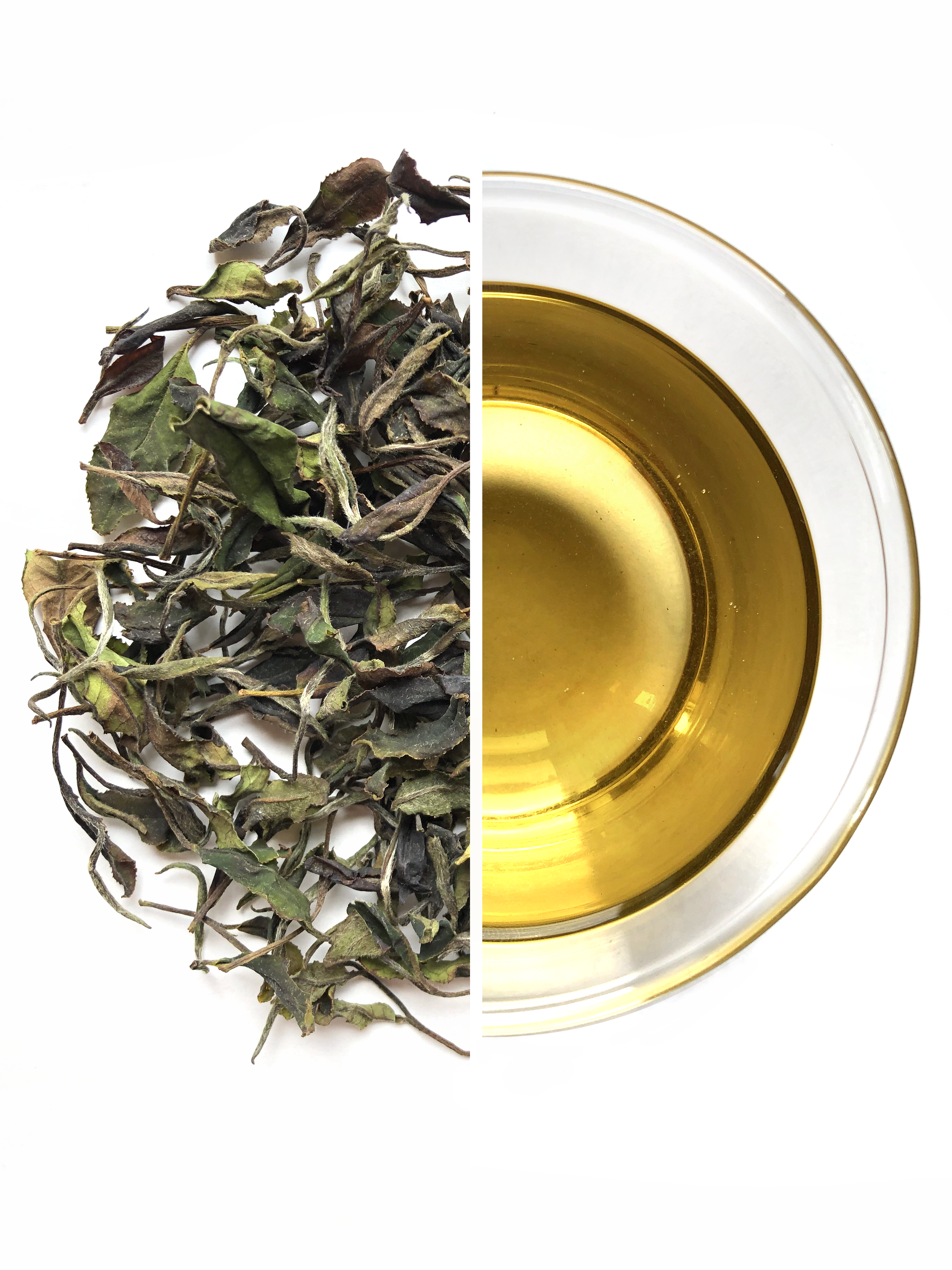
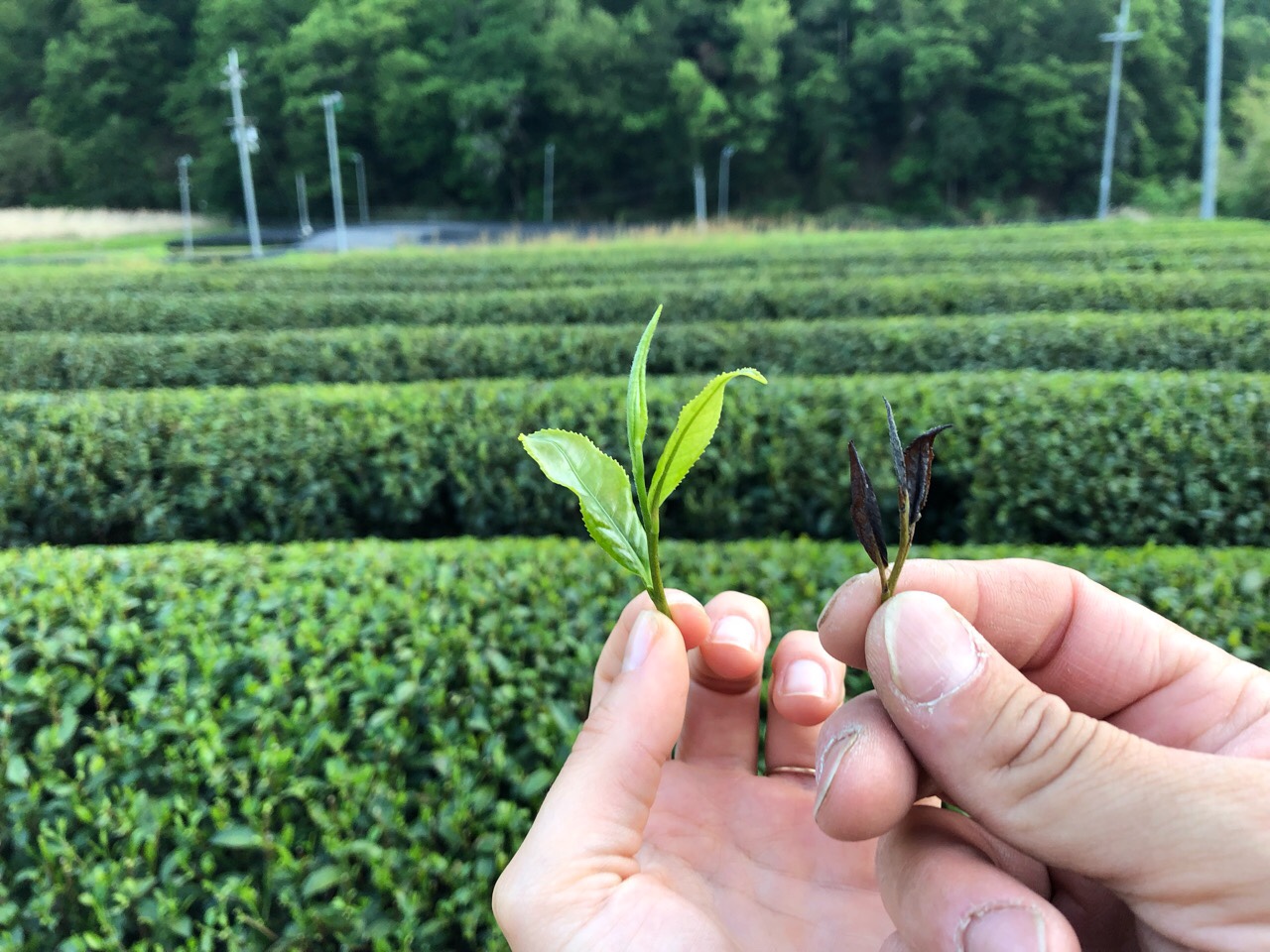
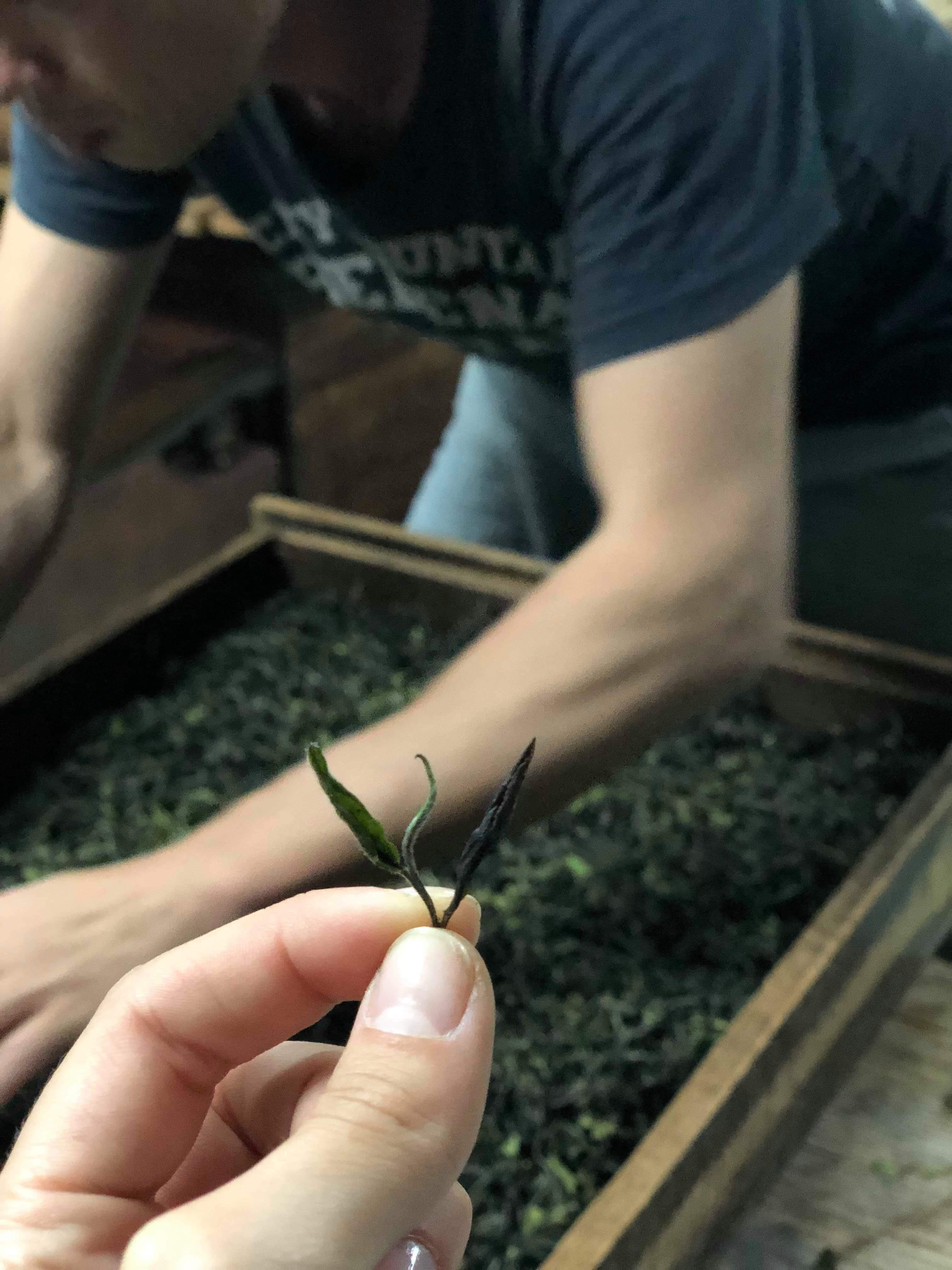


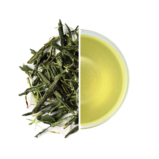

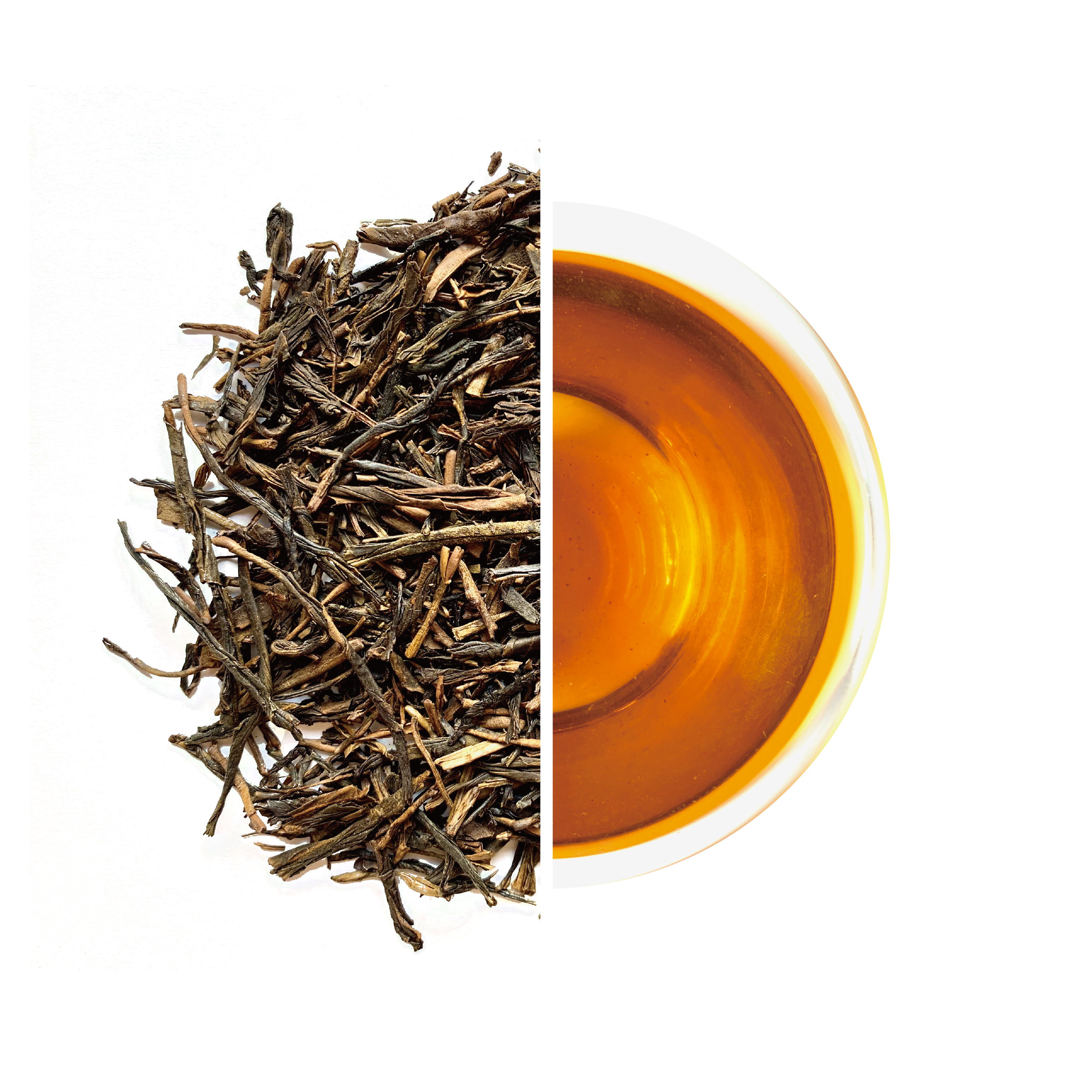
Avis
Il n’y a pas encore d’avis.